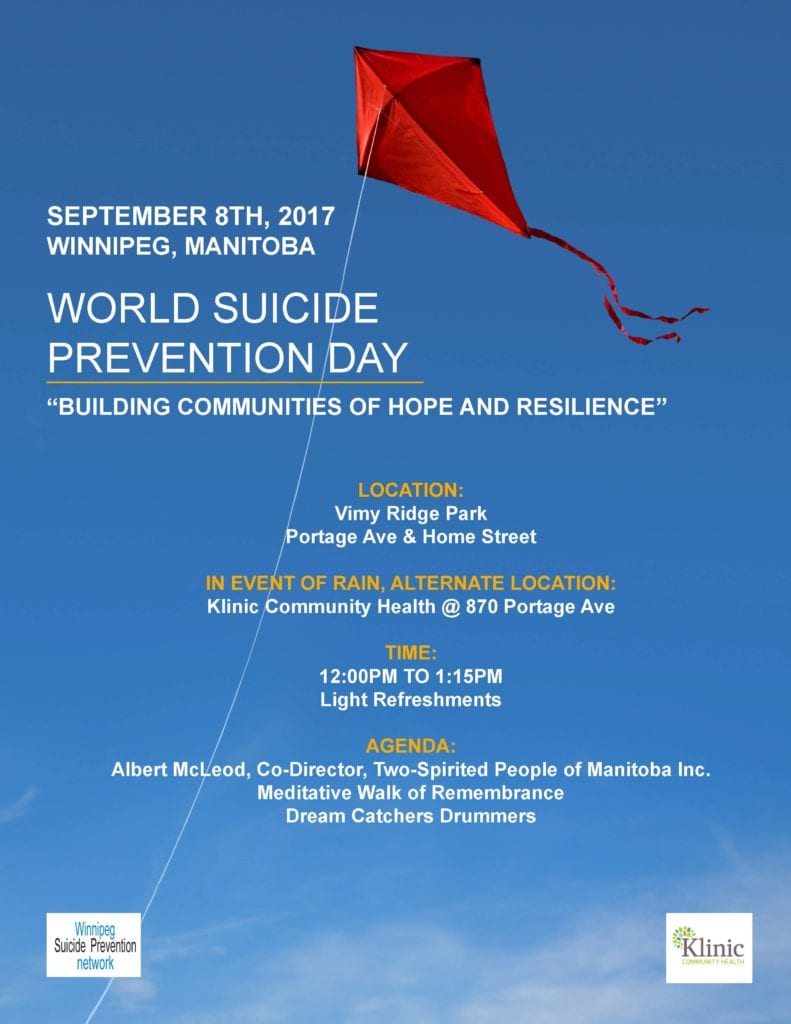Registration Now Open for Fall Term Fitness Classes!
Red River College Athletics and Recreation Services offers Group Fitness Programs suited to all interests and fitness levels. Our highly trained and enthusiastic instructors will lead you through a fun and challenging workout suited to you.
Registered Programs for 2017 Fall Term
Metabolic Resistance Training with Lesley on Mondays from 12:05-12:50pm
Yoga with Amanda on Mondays from 4:15-5:15pm at NDC
Bootcamp with Ashton on Tuesdays from 12:05-12:50pm
Block Therapy with Joanne on Tuesdays from 4:15pm to 5:00pm
Zumba with LIndsay on Tuesdays from 4:15pm to 5:00pm
Circuit Training with Cameron on Wednesdays from 12:05-12:50pm
Tantric Hatha Yoga with Keith on Wednesdays from 4:15pm-5:15pm
NEW*** Morning Boot Camp Thursdays from 7:00am to 7:45am. FREE for RRC Staff and Students!
Dynamic Core with Lesley on Thursdays from 12:05-12:50pm
Dynamic Spin with Lesley on Thursdays from 4:15pm-5:00pm
Gentle Hatha Fusion Yoga with Linda Thursdays from 4:15-5:15 at EDC
Fitness Classes Free for Students!!!
All Fitness Classes are free to use for RRC Students. Students can fill out Fitness Class registration form, minus payment, and drop it off at GM20 in the North Gym or email to Recreation Coordinator Cole Skinner @ coskinner@rrc.ca. Students are also welcome to drop in the fitness classes as well, provided space is available. (For EDC Yoga, students can also submit their registration form to the instructor before the start of class.)
Info
Classes will start September 11th and run until December 21st
Drop in cards for 5 or 10 classes per term can also be purchased.
Register
To register for a class download the registration form, complete it and if your staff, alumni or community user fill it out and take it to the Student Service Centre to make a payment. If you are a student, drop off at front desk in the North Gym. (For EDC Yoga, students can also submit their registration form to the instructor before the start of class.)
Registration Form: 2017 Fall Fitness Classes Registration Form
****EDC/Downtown Students and Staff.
Sport Manitoba is offering fitness classes this year that are open to RRC Students and Staff. With the Sport For Life Centre only a few blocks away in the Exchange, this is an excellent option for those working/studying downtown and looking to participate in fitness classes. View the below link for class listings.
http://www.sportmanitoba.ca/canada-games-centre/fitness-programs-0











